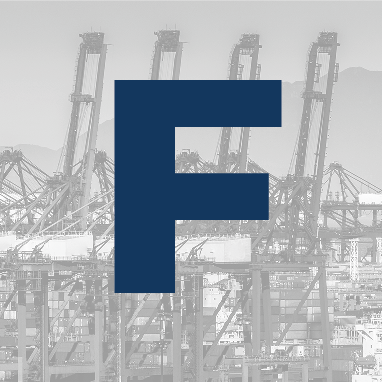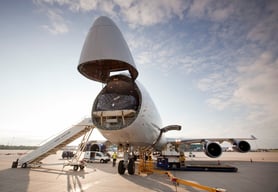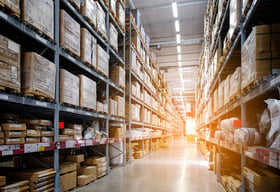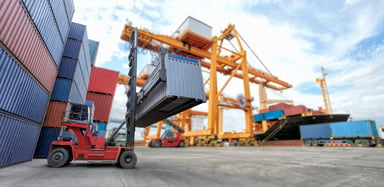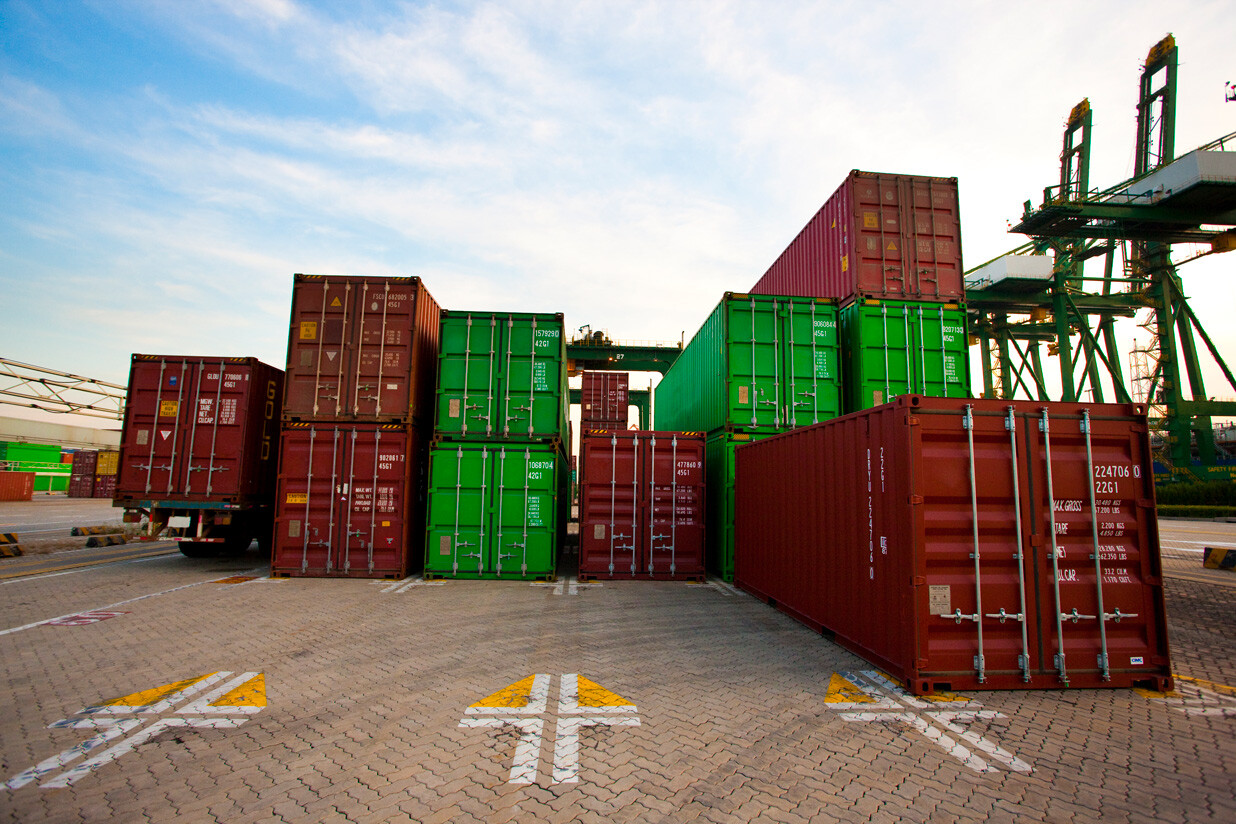
Freight terminal

Home > Freight Glossary > Freight terminal
What is a Freight Terminal?
A freight terminal is a central hub or facility where goods and cargo are transferred between different modes of transportation, such as from trucks to rail or from ships to trucks. Freight terminals are essential in the logistics chain, acting as distribution points that streamline the movement of goods. These facilities handle a variety of services, including loading, unloading, sorting, and temporary storage of freight. Whether you are involved in terminal-to-terminal freight shipping or managing large-scale logistics operations, freight terminals play a crucial role in ensuring that goods are transported efficiently.
Freight terminals are located in strategic areas, typically near ports, railways, and highways, to facilitate easy access and fast movement of cargo. For businesses seeking freight terminals near me, these hubs provide essential logistics solutions for connecting cargo between different stages of transport.
Setting Up a Terminal Shipment
Setting up a terminal-to-terminal freight shipping process involves delivering your cargo to a designated freight terminal, where it is then transferred to the appropriate transport mode for delivery to its final destination. Here’s how to set up a terminal shipment:
- Choose a Freight Terminal: Start by identifying a freight terminal near you that can handle your type of cargo. Logistics providers and freight forwarders often have partnerships with terminals, making it easy to select the right one for your shipment.
- Prepare the Shipment: Ensure your goods are properly packaged and labeled according to shipping requirements. Palletizing and securing the cargo is crucial for smooth handling at the terminal.
- Deliver to the Terminal: Coordinate with your carrier to transport the goods to the terminal. If you are handling a terminal-to-terminal shipment, the goods will be delivered to the destination terminal for collection or further transportation.
- Tracking and Documentation: Maintain communication with the logistics provider or terminal staff for tracking and managing the shipment. Ensure all required documentation, such as bills of lading and freight manifests, are in order to avoid delays.
Freight Terminal Services
Freight terminals offer a range of logistics services that streamline the movement of goods:
- Storage: Temporary storage solutions while goods await further transport or processing.
- Loading and Unloading: Handling of cargo as it moves between trucks, ships, or trains.
Sorting: Organizing shipments based on their destination or transportation mode.
Contact
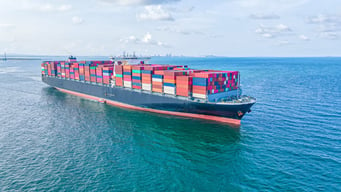
Ocean Freight

Road Freight

Connect with Our Logistics Experts
Choose the specialized line for your specific cargo needs. Our dedicated teams are standing by to assist you in real-time.
